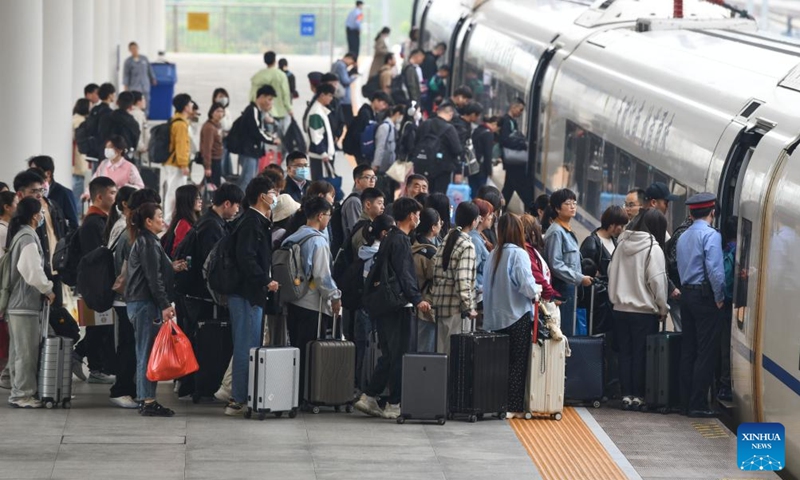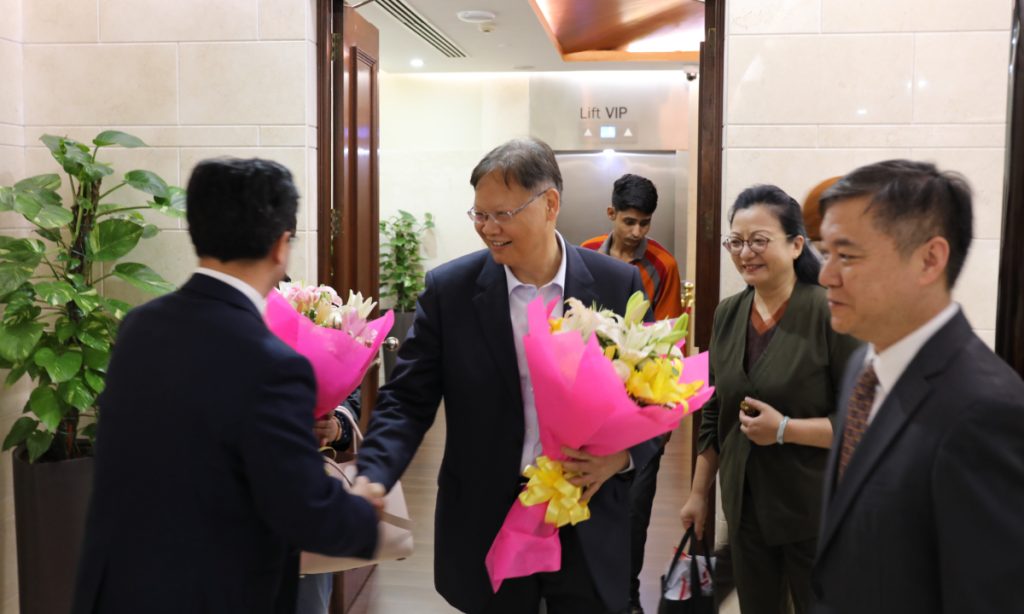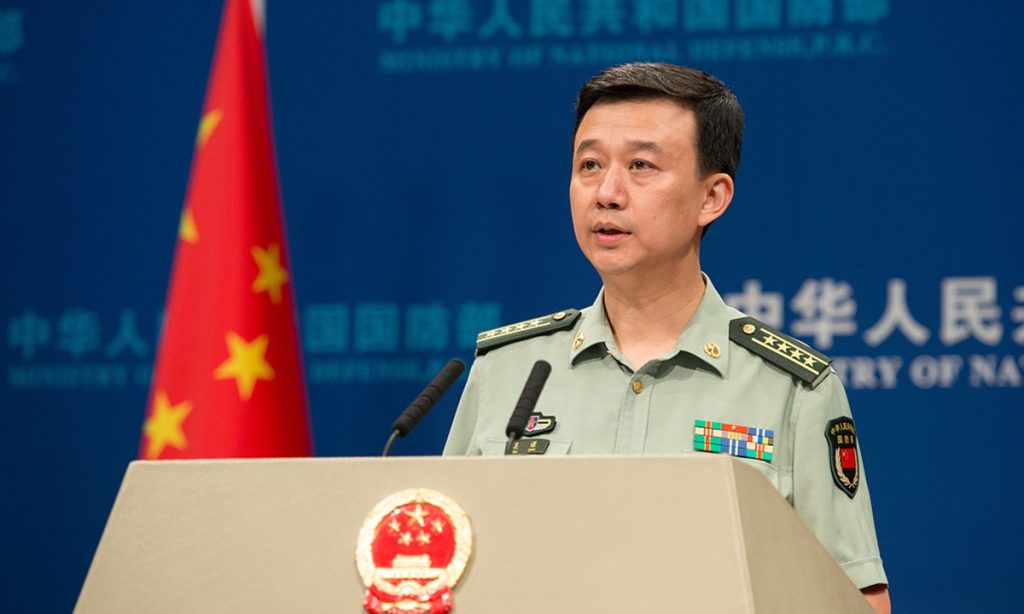Nearly 300m domestic tourist trips taken during May Day holidays with spending hitting $23.51 billion

China saw a surge in domestic tourist trips during the five-day May Day holidays, with nearly 300 million trips taken within the country, reflecting the growing momentum in the country's economic recovery.
According to data from the Ministry of Culture and Tourism, there were 295 million domestic trips reported during the May Day holidays, up 7.6 percent year-on-year and 28.2 percent higher than 2019.
Domestic tourism spending also saw a significant increase, reaching 166.89 billion yuan ($23.51 billion), a 12.7 percent year-on-year rise and a 13.5 percent increase from 2019.
The growth rate in tourism trips and spending during the May Day holidays surpassed that of other major holidays such as the Qingming Festival and the Spring Festival, indicating a strong recovery in tourism and domestic consumption, experts said.
Cross-border travel boom
In addition to domestic travel, China also saw a significant increase in inbound and outbound trips during the May Day holidays, with more than 3.67 million trips recorded. Favorable policies such as the resumption of flights and measures to facilitate international payment contributed to the rapid recovery of the tourism industry.
Popular destinations for outbound tourism from China included Singapore, Japan, Thailand, the US and South Korea, while top source countries for foreign tourists visiting China included South Korea, Japan, and the UK.
The major Chinese platforms saw a boom in inbound and outbound orders. Trip.com reported a staggering 105 percent year-on-year growth in inbound tourism orders. According to Alipay, during the 2024 May Day holidays, the use of Alipay by inbound tourists with foreign cards increased by seven times compared to the previous year.
Tuniu.com reported a 190 percent rise in outbound tourism trips on the platform. Fliggy, a domestic travel platform under Alibaba, reported a doubling in overseas hotel bookings compared to last year, as well as a 15-fold increase in cruise trip orders year-on-year.
New forms of cultural and tourism consumption, such as immersive night tours and camping, also gained popularity during this year's May Day holidays. National-level night cultural and tourism consumption venues saw a total of 72.58 million visits, up 6.9 percent compared to the same period in 2023.
The national box office also saw significant growth during the May Day holidays, reaching 1.527 billion yuan with 37.77 million moviegoers, exceeding figures from the same period last year.
It is worth noting that the growth in travel and tourism spending during the May Day holidays surpassed other major holidays so far this year, highlighting Chinese people's increasing desire to travel and spend amid accelerated consumption recovery, Yang Chang, chief analyst at Zhongtai Securities Research Institute, told the Global Times on Monday.
The May Day holidays saw a significant increase in domestic travel with 295 million trips, marking a growth of 28.2 percent compared to 2019. This surge in travel surpasses the 11.5 percent growth during the Qingming Festival and the 19.0 percent growth during the Spring Festival, indicating a further recovery in domestic tourism willingness.
Domestic tourists spent a total of 166.89 billion yuan, an increase of 13.5 percent compared to 2019. This growth rate is significantly higher than the 12.7 percent increase during the Qingming Festival and the 7.7 percent increase during the Spring Festival.
The resilience of China's economy was on full display during the May Day holidays, Li Yong, a senior research fellow at the China Association of International Trade, told the Global Times on Monday. He dismissed claims from foreign media that the Chinese economy's growth has hit its ceiling.
"The improving economic outlook is giving people more confidence in their future financial situation. The significant increase in the number of people choosing to travel also reflects their confidence in China's economic growth," Li said.
Additionally, the increase in the number of international tourists traveling to China during the May Day holidays also sends a positive signal on the current development momentum of the Chinese economy, prompting their desire to come to China and experience its progress, Li said.
The tourism and consumption activities during the May Day holidays play a vital role in stimulating the economy by unleashing demand. This will further boost production in a beneficial mechanism, pushing the economy to work at full capacity, Cao Heping, an economist at Peking University, told the Global Times on Monday.
China's first-quarter retail sales jumped 4.7 percent year-on-year to 12.03 trillion yuan, underscoring stable consumption expansion after a surge in consumer spending during the Spring Festival holidays.
Following a 4.7 percent growth in the first quarter, there is still potential for further consumer spending growth, experts said, expecting the implementation of consumer product trade-ins to continue to drive consumer spending recovery and provide new impetus to propel the world's second-largest economy.
According to the Ministry of Commerce, during the 2024 May Day holidays, the sales of key retail and catering enterprises nationwide increased by 6.8 percent compared to the same period last year. Sales of automobiles, household appliances and furniture were up by 4.8 percent, 7.9 percent, and 4.6 percent respectively, as a result of trade-in campaigns.
Cao expects total retail sales of consumer goods in the second quarter to increase by over 7 percent, driving GDP growth between 5.4 and 5.5 percent.
China's GDP growth rate beat market expectations to reach 5.3 percent year-on-year in the first quarter, bringing a good start to the year and laying a strong foundation for achieving the annual development targets.





